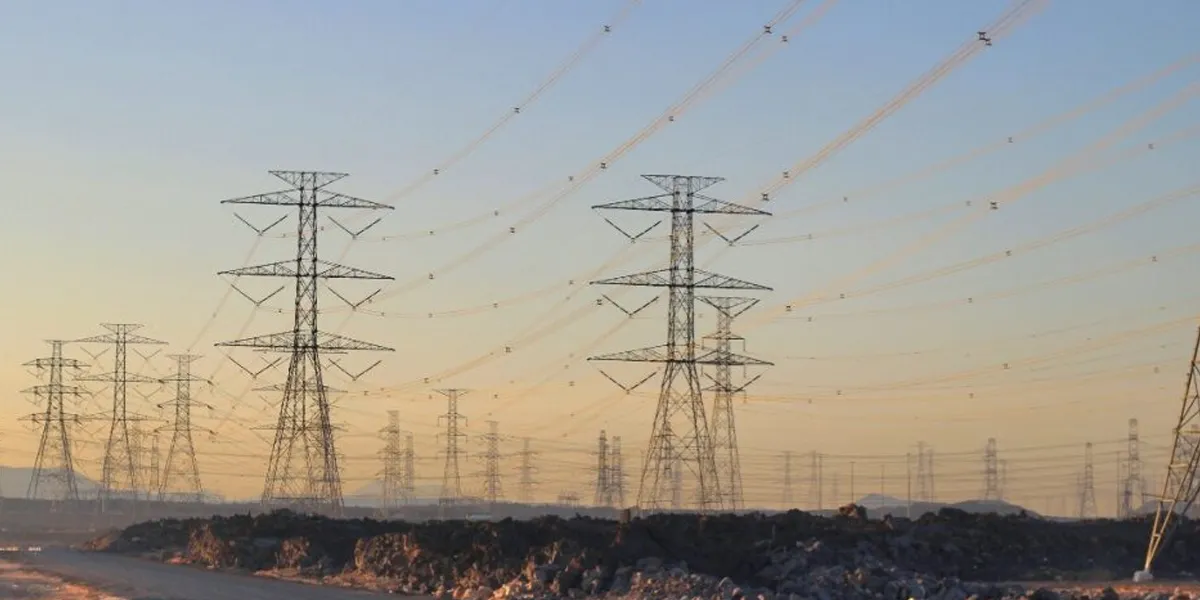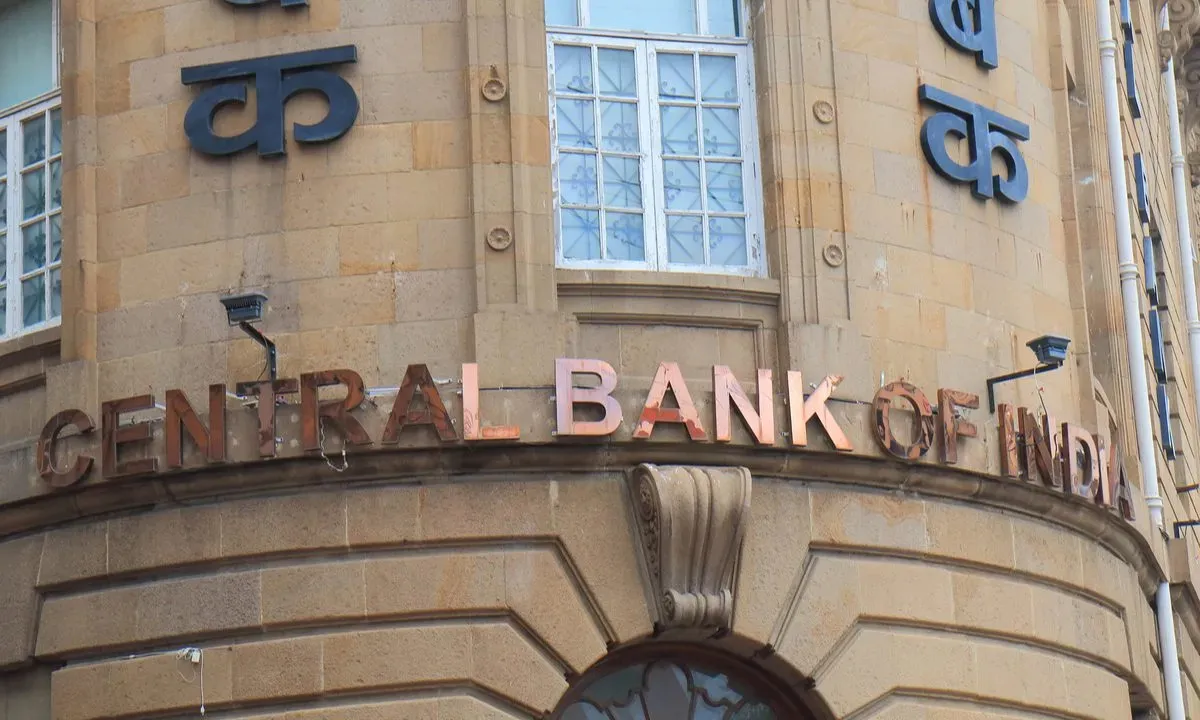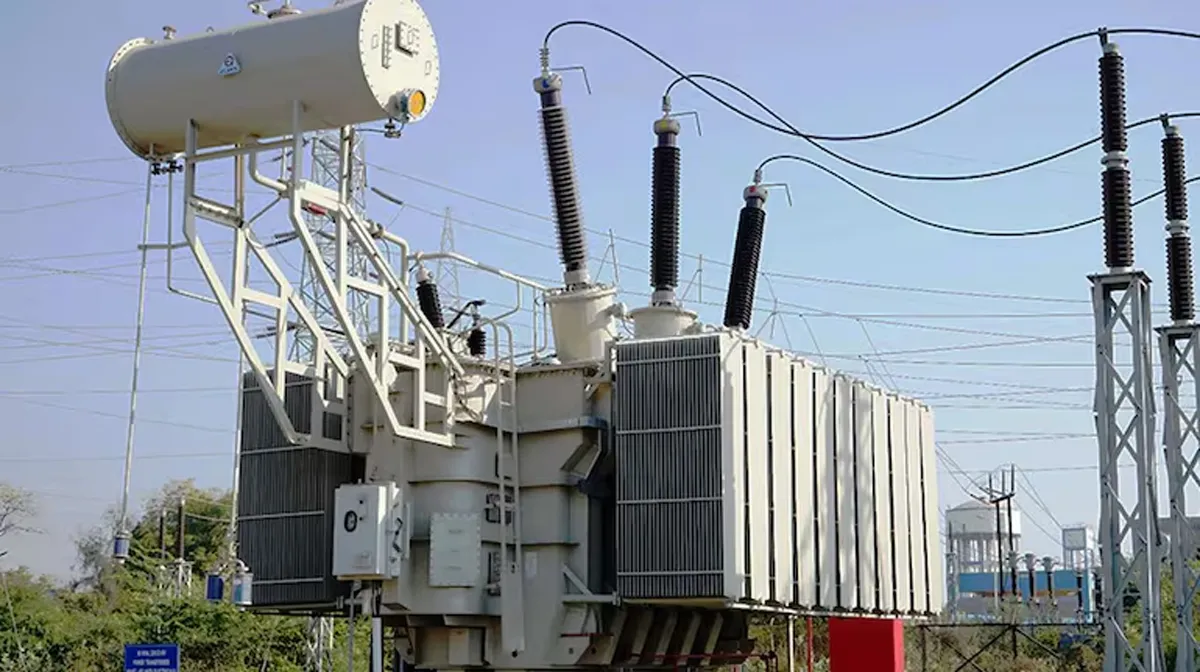Photo: For representational purpose
- Top 7 cities comprise 72 per cent share while Tier-II and Tier-III cities to see 18.2 million sq ft of new supply; MMR, Delhi-NCR, Hyderabad and Bengaluru to see highest supply.
- Nearly two-thirds of total new supply (40 million sq ft) to hit the market by 2020.
- Indian retail sector attracted US$ 1.9 billion PE funds between Q12015 to Q12019 (over 60 per cent inflows in 2017 and 2018.
- PropTech disrupting Indian retail space; may soon drive mall leasing apart from design, customer experience.
It’s raining malls in India! Despite the onslaught of the e-commerce business across the country, malls are still serious business. According to Anarock's latest retail report ‘TCCx: Redefining the Future of Retail Malls’ released at the CII North Retail Conclave recently in Delhi, the sector is riding high on the phenomenal rise of consumerism and renewed interest by institutional investors.
According to the report:
• Indian mall developers are looking to add over 65 million sq ft of new mall supply by 2022-end across the country.
• Of this total new supply, the top 7 cities comprise 72 per cent share and the remaining 28 per cent (18.2 million sq ft) will come up in Tier-II and Tier-III cities.
• MMR, Delhi-NCR, Hyderabad and Bengaluru together lead with new supply aggregating to nearly 34 million sq ft in these cities.
Amidst this rising new mall supply, developers are gradually on-boarding various new-age technologies. The report further stresses on the need for mall developers to imbibe PropTech in the leasing of mall spaces for a potentially faster, more insightful transaction process. PropTech cannot be limited to use in mall designing and operations alone.
Anuj Kejriwal, Managing Director and CEO, Anarock Retail, says, “Of the 65 million sq ft of new mall supply hitting the Indian market by 2022-end, nearly two-thirds (40 million sq ft) will deploy by 2020-end itself – and not just in the metros. This new supply is also driven by the increasing interest of institutional investors – including PE players – who invested almost USD 1.9 billion into Indian retail between 2015 and Q1 2019. In fact, over 60 per cent of this investment corpus was infused in the last two years (2017 and 2018) alone, making these the best years for the retail sector in recent times. Notwithstanding the decline in deal activity in the second half of 2018 following the NBFC-induced liquidity crisis, the retail segment attracted investments of almost USD 115 million in just the first quarter of 2019.”
The report also maintains that REITs can be a viable tool for mall developers to raise funds, but this fund-raising instrument still needs to mature sufficiently. Also, the retail REIT structure and performance may not be directly comparable with the commercial office sector.
The report also examines how PropTech has disrupted the retail sector in India - specifically in mall designing or creating avenues for enhancing customer experience. From basic AutoCAD drawings, architects and designers have moved to software such as 'Revit' and 'Archi Cad' to enhance overall mall designs to ensure a superior customer experience. Architects and designers use these tools to visualize and plan the placement of stores within the mall to increase visibility.
However, PropTech must find implementation in mall leasing, as well.
“Currently, the use of technology in the retail sector is largely limited to designing or creating customer experiences," says Kejriwal. "Its scope for leasing of mall spaces has not been fully explored as yet, and this function continues to be done offline – either through real estate brokers or via the developer's own channels – based on the requirement and availability of space. Globally, the trend is to adopt PropTech in just about everything, including leasing and lease management. This approach leads to enhanced ease and profitability.”
Other report highlights
• Region-wise, new mall supply in West India tops out with 25 million sq ft, followed by South India – 21.7 million sq ft, North India – 11.9 million sq ft and East India – 6.4 million sq ft.
• Besides metros, prominent Tier-II and Tier-III cities for retail growth include Ahmedabad, Amritsar, Baroda, Bhubaneshwar, Chandigarh, Cuttack, Dehradun, Goa, Guwahati, Indore, Kochi, Lucknow, Nagpur, Mysore, Surat, Rourkela, and Trivandrum.
• The Indian retail industry has moved from long-term leasing to short-term leasing tenures (three to five years) to enable constant updating of the brand mix within the mall. Globally, the standard lease term is still above five years.
• The retail sector will witness new trends and methods of fund-raising, including increased platform-level deals and Retail REITs.
Download the report here: https://bit.ly/2XucXrR



















